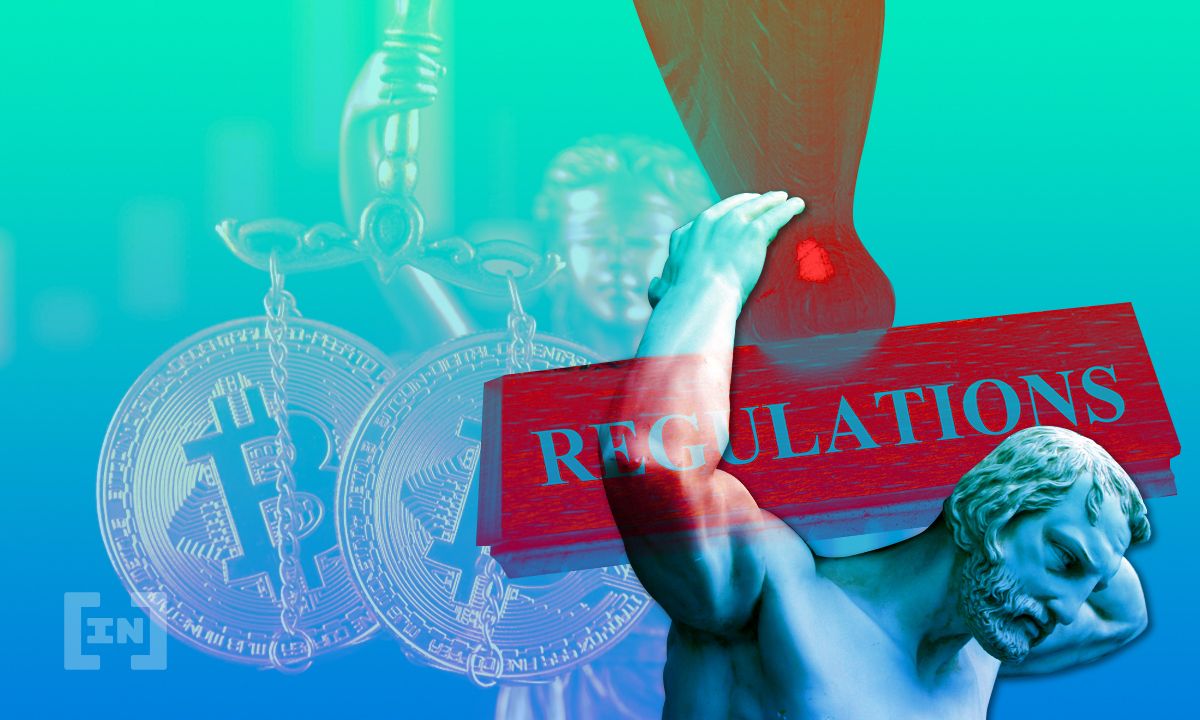Caroline A. Crenshaw, an SEC Commissioner, spoke of how the cryptocurrency market might soon be regulated. She believes that a safe harbor for crypto projects may do more harm than good and that market participants must proactively address regulatory compliance.
SEC Commissioner Caroline A. Crenshaw, speaking at the annual SEC Speaks conference, rejected the idea of a safe harbor for token issuances. Commissioner Crenshaw said that more crypto projects will have to register with the SEC. She did state that the views reflect her own and do not represent the agency or other SEC commissioners.
Her emphasis was on the idea that the cryptocurrency market required a back and forth between innovators and regulators. Crenshaw is not at all opposed to the idea of cryptocurrencies themselves, even saying that the “technology and its potential are positive.”
She brought into question how securities laws could protect investors and hold violators accountable, while also highlighting how digital asset markets could be allowed to flourish without impacting traditional markets. After citing prior securities cases related to crypto, Crenshaw noted that there were very few cryptocurrency projects that have registered with the SEC.
With this in mind, she denies that a safe harbor for projects, which would put them outside the SEC’s jurisdiction, would not work. As supporting arguments for this, she states that the fundraising model of ICOs is not entirely necessary, and that network usage incentivization models are not always acted out in good faith. Consequently, she says a safe harbor would only generate more losses for investors, in turn hurting the market,
“These are some of the reasons I do not think that a safe harbor that permits unlimited capital raising with only limited disclosures, and no registration requirement, is in the best interest of investors. Nor will it be effective at preventing a re-run of the excesses and failures of the recent past.”
Proactive responsibility for crypto compliance
Unsurprisingly, the SEC Commissioner also spoke of investor protection — something the SEC has time and again spoken about on various occasions. The regulatory authority is concerned that deeper and wider access to the market may negatively affect uninformed investors. This is true to a degree, and many in the market feel that some regulation may, in fact, bring order and legitimacy to the market.
Crenshaw called on market participants to “accept proactive responsibility for compliance,” which would be to the benefit of everyone. A natural step in this process is registration with the SEC, which lacks the resources to monitor the entire cryptocurrency market.
There are several market participants actively engaging with regulators to meet compliance standards, including the Gemini exchange. Certain projects are also beginning to lean heavily on meeting as-of-yet unwritten securities laws, like USDC issuer Circle.
Disclaimer
In adherence to the Trust Project guidelines, BeInCrypto is committed to unbiased, transparent reporting. This news article aims to provide accurate, timely information. However, readers are advised to verify facts independently and consult with a professional before making any decisions based on this content. Please note that our Terms and Conditions, Privacy Policy, and Disclaimers have been updated.


